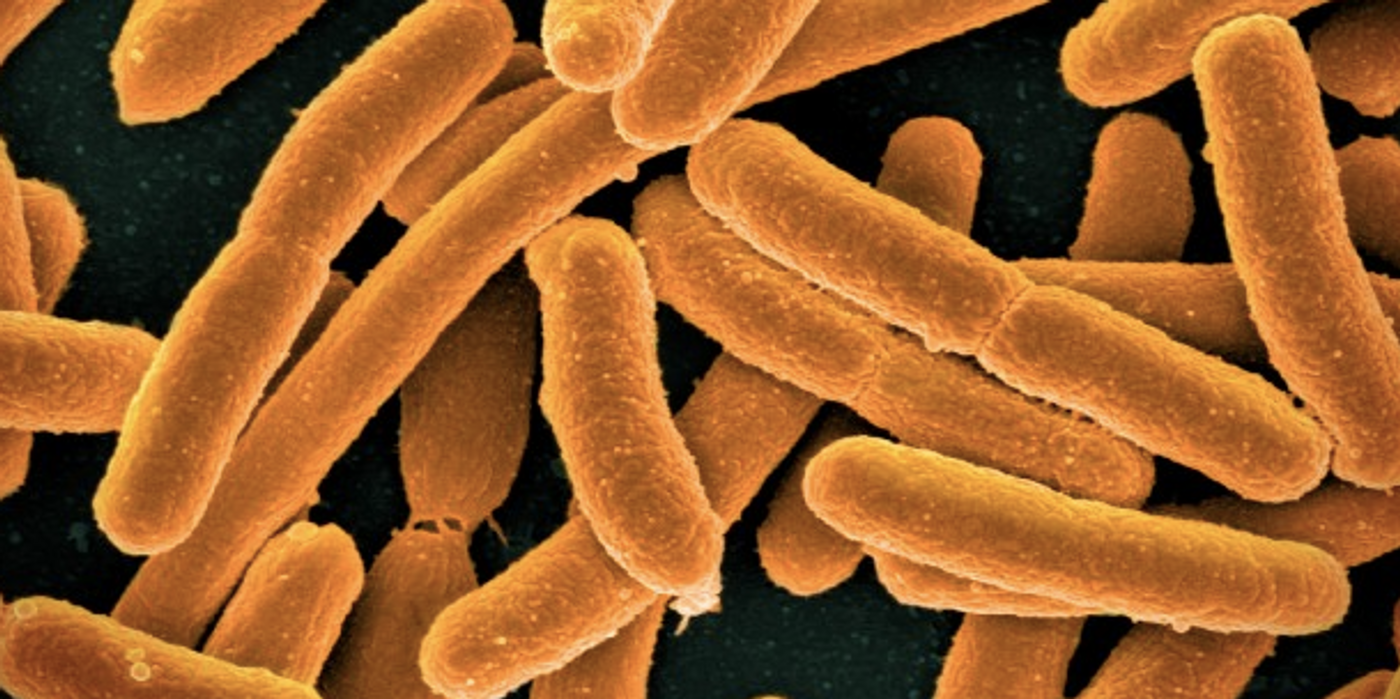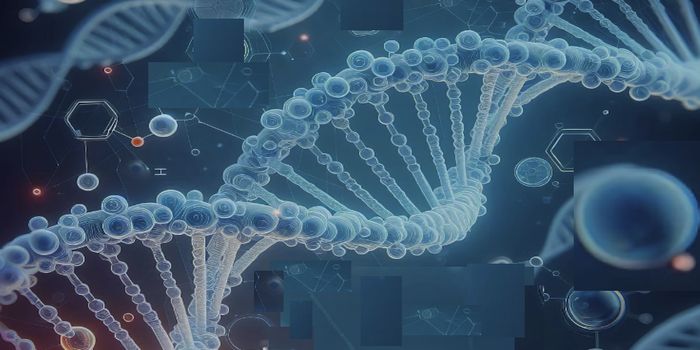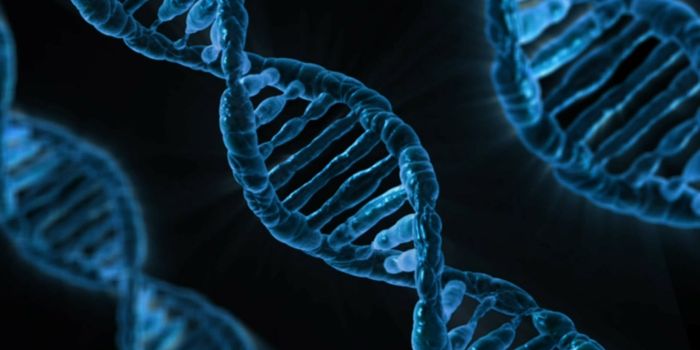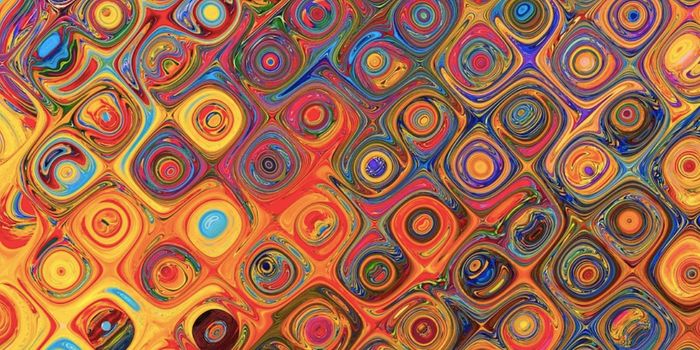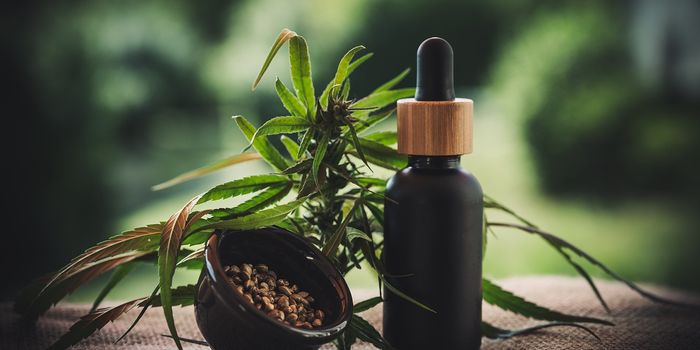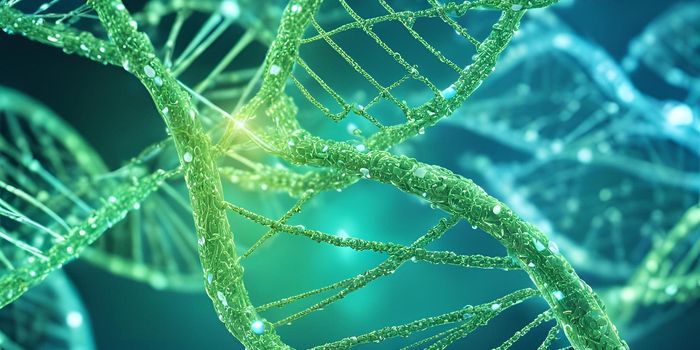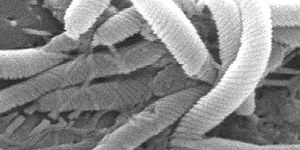Tightening Control of Bacterial Gene Expression
Bacteria are easy to work with; their genes can be manipulated, and it’s usually easy to grow a lot of them. As such, they have a lot of potential as mini-factories that could produce many kinds of chemicals, from therapeutics to fuels. But one hurdle has been finding an affordable way to get the expression of those bacterial genes under control. To overcome that challenge, scientists from the Department of Energy's (DOE) Joint BioEnergy Institute, Lawrence Livermore National Laboratory (LLNL), Lawrence Berkeley National Lab and San Francisco State University have created a system to control gene expression; they called it "Jungle Express." This work has been reported in Nature Communications.
"We have created a system that can precisely control the timing and levels of expression of the genes involved in these processes, opening the way for efficient large-scale production at low costs," said LLNL biochemist Michael Thelen, senior author of the paper. "These enhancements to bacterial gene regulation have a potential translation to sustainable bioproduction."
Being able to turn genes on and off is fundamental to research and industry. While there have been ways to do this, they had issues. One difficulty was so-called leaky gene expression; there isn’t tight control of when genes are on or off, and improper regulation meant targets get made incorrectly or at the wrong levels. It was also an expensive problem.
"The key component of this expression system is a DNA binding protein that acts as a gene regulator," said Basel University graduate student Thomas Ruegg, who worked with Helen. "We used a computational approach to predict a small DNA sequence for optimal binding of the regulator protein."
Crystal violet is a common, inexpensive dye. Ruegg found that the dye quickly causes the gene regulator to release, turning gene expression on and generating biochemicals. "In a rational approach, we used the optimized DNA binding site to engineer a robust system in which crystal violet acts as the inducer to trigger efficient gene expression," Ruegg explained.
"Our findings have the potential to overcome the bottlenecks encountered in earlier systems and opens the way for tightly controlled and efficient gene expression that is not restricted to host organism, substrate or scale," Thelen added.
The name the team used, Jungle Express, comes from a rainforest bacterium, which is where the regulator protein from this work is found in nature. Ruegg noted that "it is a fascinating journey to explore the inexhaustible resource of genetic information found in microorganisms, and to decouple it from its native context for the development of novel, useful applications."
Learn more about how bacteria might be used to make valuable compounds from the video; EMBL discusses how to engineer a microbe that produces bioplastic.
Sources: Phys.org via LLNL, Nature Communications

